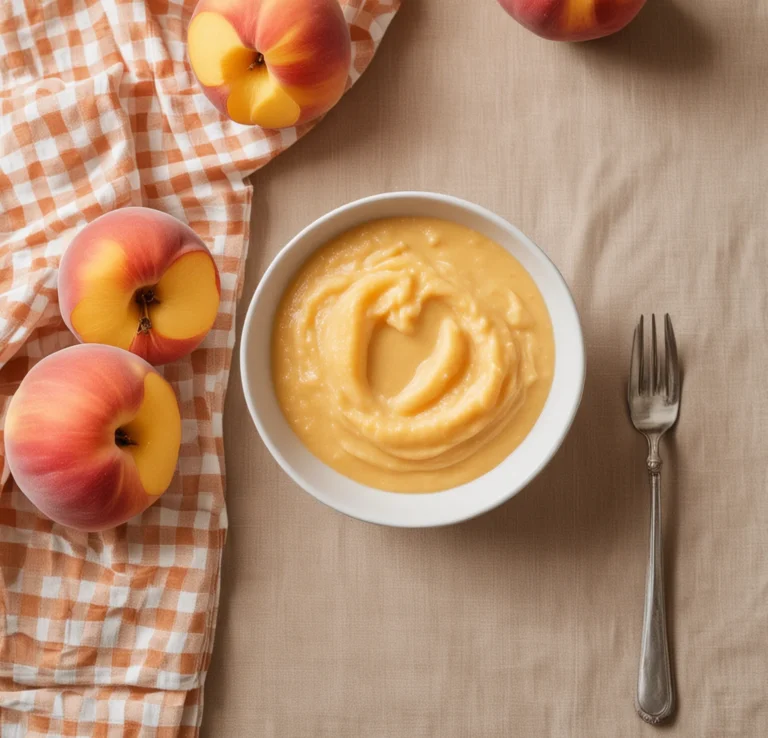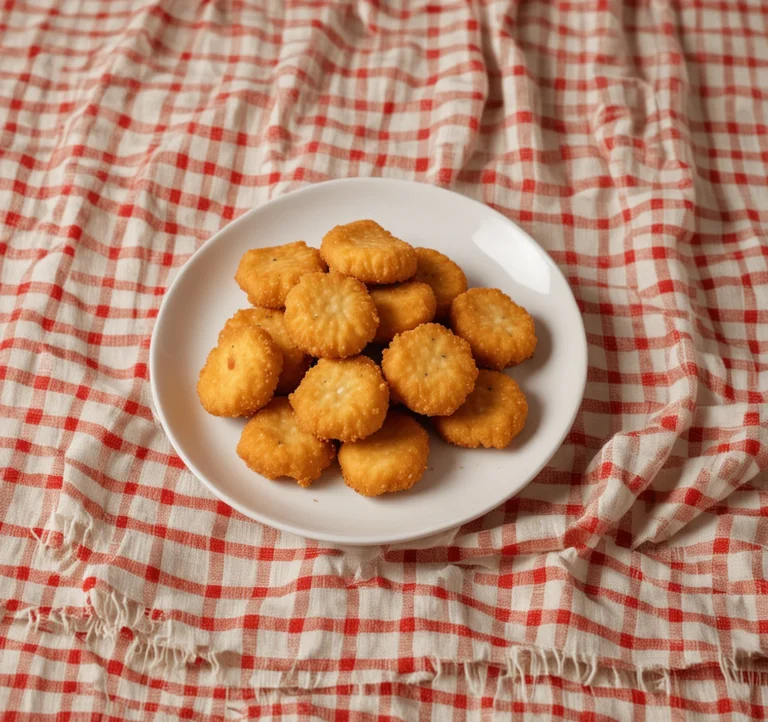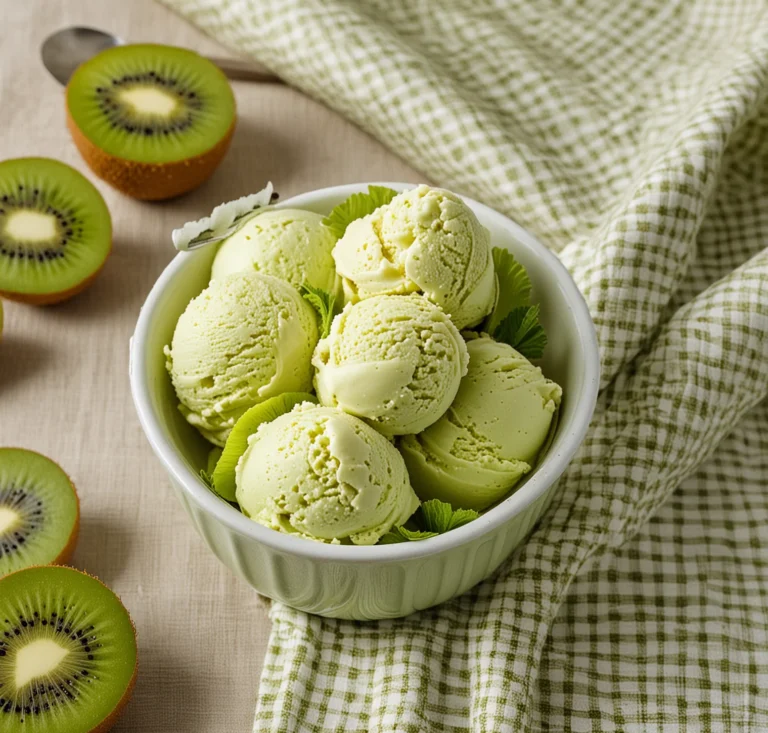From the past to the present, many changes have taken place about feeding babies. The important rules for feeding babies are that before starting to introduce complementary foods to a baby, it is necessary that he is at least four months old and shows signs of readiness for this change according to his doctor’s opinion. Most doctors believe that most children don’t need complementary foods, and breast milk or formula is a complete food for them in that age. This article is about some rules for feeding babies.
Introduce new foods for babies one by one
Although restrictions on what foods to feed your baby and the rules for feeding babies have become more lax than before, it’s still important to take the necessary care about how you feed them. So introduce new foods to him one by one and wait three to five days before introducing the next new food. so that you can identify the cause if your child has adverse reaction.
Symptoms of an allergic reaction include diarrhea, vomiting and skin rash. If you notice these symptoms within minutes or hours of eating a new food, call your doctor right away. Your doctor can tell you what to do if these reactions suddenly become dangerous. But if your child has trouble breathing or has a swollen face or lips, call the emergency service right away.
Keep in mind that the rule of introducing solid foods one at a time is not a foolproof method of finding the cause of an allergy. Children may also have an allergic reaction to a food that they have previously eaten without any problems. The probability of this issue can be higher if the baby’s first encounters with a substance were in small amounts and a different food. For example, if the child has already eaten a cake made with eggs or milk and is not allergic to it, he may be allergic to the milk or eggs when eating alone. So a small amount of a substance used in food does not necessarily mean that food is safe for your child.
also, read the article about Allergies in babies.
Feeding babies with essential fats
One of the rules for feeding babies is that children should not eat products such as low-fat yogurt or cheese, because fat is vital for a child’s growth. Breast milk and formula also contain a lot of fat. Experts recommend giving babies high-fat dairy products such as cheese and yogurt until the age of two. But refrain from giving cow’s milk to your child until they are one year old and even after one year old, give a small amount of it with the diagnosis of the doctor.
The monounsaturated fat in avocado is another great option for your baby, also salmon and other fatty fish, are a very good choices as they contain essential fatty acids like omega-3.
Offer your baby his rejected healthy food again and again
Children are picky about tasting new foods. Maybe if you give a spoon of a new food or puree to the child, he will throw it out of his mouth or close his mouth tightly and reject your hand. It is better not to force him to eat it at the same time. One possibility is that your child is not hungry. Children’s appetites also fluctuate and they usually need less food than we thought. On the other hand, your child may not like the look, smell or taste of a food, but this does not mean that you should remove it from his diet forever.
Researches show that children often become accustomed to a new food after repeated exposure, so one of the rules for feeding babies is that it’s better to try new food again another day.
Limit junk food
Consuming junk food can have serious negative effects on children. Also, some ready-made baby foods are actually in the same category as worthless foods. A very small amount of a sweet or salty snack can fill your child and leave less room for healthier foods that contain essential nutrients for brain growth and development. The calories needed by children are relatively low, but the nutrients they need are high. Of course, this does not mean that you are a bad parent if you let your child taste french-fries or a bit of a chocolate bar, but you should not let it become a regular habit, because it can cause your child to like and get used to eating sweet or salty things.
Be aware of things that cause a choking hazard
There is always a possibility of choking for children at this age, so one of the important rules for feeding babies is to pay attention to the softness and size of the food pieces. It is better to mash or puree your baby’s food and remember that eating solid food is like a developmental milestone in growth, which means that children become skilled at eating solid food at different ages. Therefore, some children are ready for thick and firm purees earlier and some are ready for it later than other children of the same age.
If you see that your child is coughing when eating thicker purees, it may be because he is not ready to eat them yet, so you need to put it aside for now and go back to thinner purees for a while, but if the problem persists, it is better to talk to your child’s doctor.
When your child reaches the stage of eating finger foods, you don’t need to puree everything, but make sure to cut the food into small pieces no larger than one centimeter. Do not give your child things that cause a choking hazard, such as hotdogs, nuts, raw vegetables, roasted corn, and other foods that can cause even a small risk. Instead, you can give him more soft foods and let him eat his food easily so that you don’t worry too much.
Show that eating is enjoyable
Eating with friends and relatives is one of the main and simplest joys in this life, and the joy of eating is the best thing to develop a healthy interest for your child. Children watch and imitate their parents, so let your child see that you eat a lot of healthy and different foods and enjoy them. If you enjoy the simple pleasure of eating good food, probably your baby will too.
Also, know that it is very easy to get upset and nervous about your child’s eating habits. Your baby’s fickle appetite, your worry about whether he’s getting enough, and the messiness can turn mealtime into a chore or even a battleground, so it’s essential to prevent that from happening. You can make eating time an enjoyable experience by doing a series of things. For example, first, make sure you have enough time so that your baby’s meals are not rushed and second, as hard as it may be, accept that messing is a natural and inevitable part of feeding babies and letting children play and playing with their food is good for them.
Children who are learning to eat should be allowed to spill. While playing, they learn about new tastes and smells and how to put their food in their mouths. Most importantly, they learn that eating can be enjoyable.
To make cleaning after meals easier, it is better to put a disposable cloth or tablecloth under the child’s chair. On hot days, you can also remove the baby’s blouse so that fewer clothes get dirty and take comfort in remembering that everything, including your baby, is washable. It is better to look at the joy of eating and the joy of your child’s discoveries instead of staring at the food stains.



